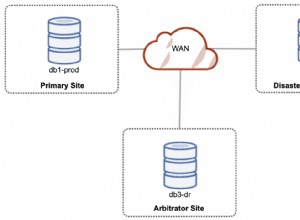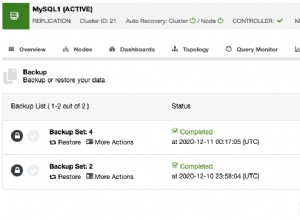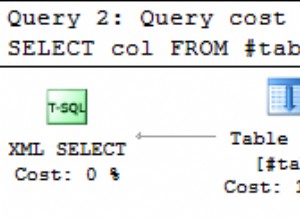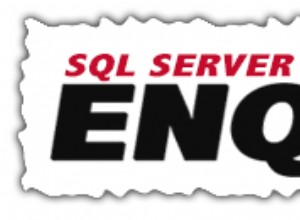Você pode usar atualização com instrução de saída, assim:
use tempdb
go
if object_id('Tokens', 'u') is not null drop table Tokens
if object_id('GetNextToken', 'p') is not null drop procedure GetNextToken
go
create table Tokens (
Id int identity(1,1) not null,
Name varchar(50) not null,
TokenFrom int not null,
TokenTo int not null,
LastUsedToken int null,
constraint PK_Tokens primary key clustered (Id),
constraint UQ_Tokens_Name unique (Name)
)
go
insert into Tokens (Name, TokenFrom, TokenTo)
select 'Ladies Section', 1, 50 union
select 'Customer Care', 51, 350 union
select 'Registration Section', 351, 550 union
select 'Normal Customers', 551, 999
go
create procedure GetNextToken
@name varchar(50),
@token int output
as
begin
declare @tokens table (token int)
update Tokens
set LastUsedToken =
case
when LastUsedToken is null then TokenFrom
when LastUsedToken = TokenTo then TokenFrom
else LastUsedToken + 1
end
output inserted.LastUsedToken into @tokens
where Name = @name
set @token = (select top 1 token from @tokens)
end
go
-- To get 'Ladies Section'
declare @name varchar(50), @token int
set @name = 'Ladies Section'
exec GetNextToken @name, @token output
select @token
go
-- To get 'Customer Care'
declare @name varchar(50), @token int
set @name = 'Customer Care'
exec GetNextToken @name, @token output
select @token
go
-- To get 'Registration Section'
declare @name varchar(50), @token int
set @name = 'Registration Section'
exec GetNextToken @name, @token output
select @token
go
-- To get 'Normal Customers'
declare @name varchar(50), @token int
set @name = 'Normal Customers'
exec GetNextToken @name, @token output
select @token




